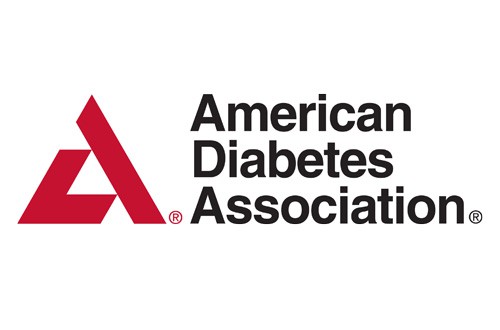
The American Diabetes Association (ADA) has added its voice to the data transparency debate by calling for pharma companies to release all patient level data for incretin-based diabetes therapies to help determine if they increase the risk of pancreatic cancer.
In a statement released earlier this week, the US charity called for data on these drugs to be available for analysis in an independent review to “provide clarity for patients and healthcare providers in this controversial area”.
The concerned products comprise GLP-1 agonists, such as Byetta/Bydureon (exenatide) from Amylin/ Bristol Myers Squibb (BMS) and Victoza (liraglutide) from Novo Nordisk, as well as the DPP-4 inhibitors, which include Merck & Co’s Januvia (sitagliptin), BMS/AstraZeneca’s Onglyza (saxagliptin) and Trajenta/Tradjenta from Boehringer Ingelheim/ Lilly.
These drugs help people with diabetes by simulating the body’s natural incretin hormones that stimulate the release of insulin in response to a meal, but concern has grown about their safety after a study published earlier this year by academic researchers detected pre-cancerous cellular changes and a possible increased risk of pancreatitis.
Regulators in both Europe and the US have launched their own investigations into incretin-based therapies, but the ADA is requesting an independent review and is calling for applications from academic and research organisations capable of integrating large experimental databases.
Full access to patient-level data will be an integral part of this review, although this may prove challenging considering the experience of other organisations who have requested this information.
In an editorial this week for the British Medical Journal (BMJ) on the safety of incretin-based therapies, the journal’s editor Dr Fiona Godlee commented that “instead of engaging in open debate about legitimate and important scientific questions, the manufacturers have been unwilling to share their data [and] patients and doctors have not been kept properly informed about the uncertainties surrounding these drugs.”
Dr Godlee’s article was published as part of a joint investigation by the BMJ and UK Channel 4’s ‘Dispatches’ into incretin-based therapies, which claimed to have found unpublished data that reinforced “growing safety concerns” with GLP-1 agonists.
The BMJ has been one of the leading campaigners for greater access to clinical trial data from pharma companies, and they will welcome the extra voice from the ADA.
In a statement responding to the ADA’s request, Boehringer and Lilly said they “support the American Diabetes Association call for an independent review of the safety data of incretin-based therapies”.
“We welcome future discussion with the ADA to determine how best we can support this initiative and to provide a valuable contribution,”, the companies added, noting they were already in discussions with the National Institute of Diabetes and Digestive and Kidney Diseases-National Cancer Institute (NIDDK-NCI) to examine the latest data on the pancreatic safety of incretim-based therapies.




